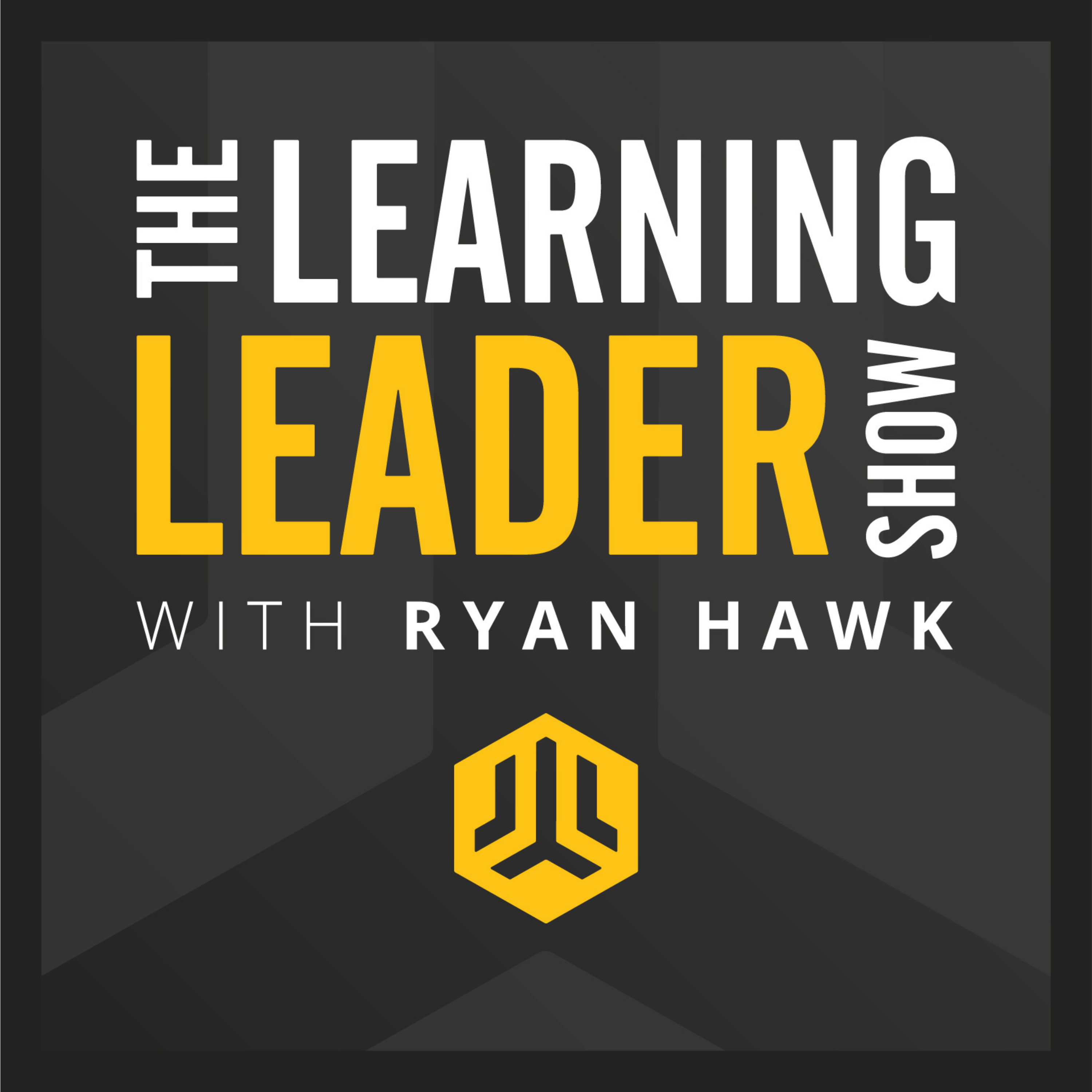
324: Charles Fishman - How To Create A Culture Of Learning From Failure
from The Learning Leader Show With Ryan Hawk
by Ryan Hawk
Published: Sun Aug 18 2019
Show Notes
The Learning Leader Show With Ryan Hawk
Full Show Notes can be found at www.LearningLeader.com
#324: Charles Fishman
Charles Fishman is the acclaimed author of One Giant Leap, A Curious Mind (with Brian Grazer), The Wal-Mart Effect, and The Big Thirst. He is a three-time winner of the Gerald Loeb Award, the most prestigious prize in business journalism.
Notes:
- Leaders who sustain excellence =
- They insist on excellence. "The work needs to be as good as it can be."
- Getting to the moon was the largest project in the history of civilization
- Clarity of the mission - Everyone must know the goal
- Must keep people motivated
- Standards must be clear - And the reasoning behind each action (intentional)
- President Kennedy was frustrated with how the U.S. was doing versus the Russians in space. He needed to make a bold statement. When it was made, the administration felt there was a 50/50 shot that it could happen.
- It was important to announce broad goal and the reason behind it
- "Take the stairs" - Think of it as a blessing. "I get to do this."
- Not because it is easy, but because it is hard.
- "A master stroke of leadership because it was a stretch goal, but it wasn't insanity." It must be balanced.
- There are tapes of JFK talking scientific discovery where it was obvious he had little understanding of it. --> It's important to have people you have confidence in leading areas where you're lacking knowledge.
- "If JFK wasn't assassinated, we may not have gone to the moon. He was starting to get cold feet about the cost."
- The space program created a culture of learning from failure:
- "Every single failure had to be investigated, understood, and resolved."
- "No Random Failures" was the motto.
- "Every failure is a gift." -- There were 14,000 recorded failures in testing.
- Collaboration -- How to keep so many people aligned? There were 400,000 people from 20,000 companies working on the Apollo missions!
- NASA's management style:
- Clearly defined roles - What are your solutions to the problems?
- Gave assignments and qualities that needed to be met
- NASA's management style:
- NASA had a culture where they brought everyone together for in person meetings. "Every minute of a mission would be walked through."
- There was transparency and decisions got made.
- Get people together in person and do something important. This built camaraderie among the dispirit teams.
- Bill Tindall -- A mission planning genius on space navigation. He was also gracious, self-effacing, and had a great sense of humor.
- Bill respected what others had done, had respect for the mission. He had the confidence to be calm. A different person who used a different manner would have been a disaster working with the leaders at MIT.
- People have to be persuaded to follow you.
- Both Gene Kranz and Bill Tindall were unafraid to hear input. They were confident enough to find the right answer (wherever it came from).
- We are entering the most exciting time in space travel (Elon Musk, Jeff Bezos)